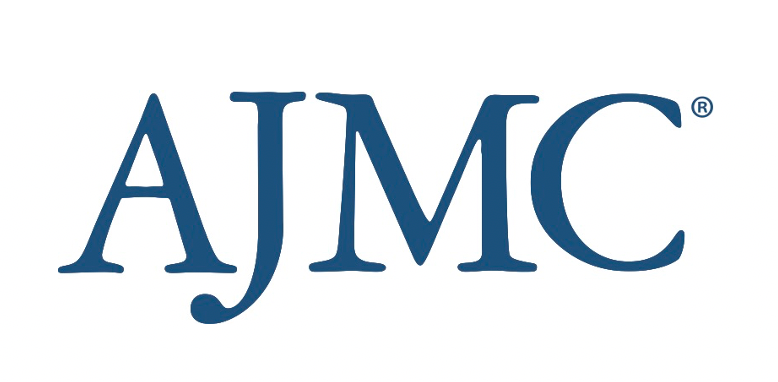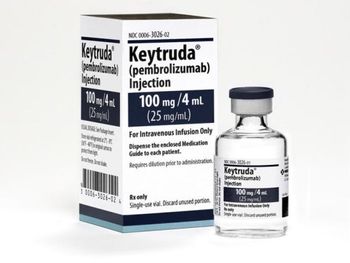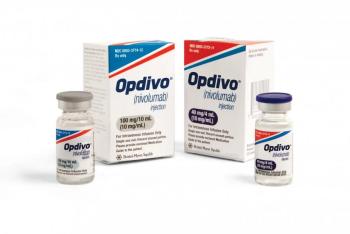
Payers
Latest News

Latest Videos

More News



Pembrolizumab has existing indications in endometrial cancer.

Some experts believe offering a subcutaneous version of nivolumab could make PD-1 inhibitors available to new groups of patients who currently lack access, such as those in rural areas.

The Inflation Reduction Act (IRA) has potential to shift incentives for drug manufacturers and impact the amount of long-term evidence generated for approved drugs, said Julie Patterson, PharmD, PhD, senior director of research at the National Pharmaceutical Council.

With more therapies available in bladder, kidney, and prostate cancers, collaboration among health care providers can help ensure patients are getting the most appropriate care for their type and stage of cancer, said Mary Dunn, MSN, NP-C, OCN, RN, of University of North Carolina.

In 2024, the Asembia Specialty Pharmacy Summit celebrated 20 years and speakers highlighted the conversations around improving access and affordability taking place at the meeting.

Type 1 diabetes (T1D), which once predominantly affected children, is increasingly affecting older adults in the US, with prevalence rates peaking in those aged 45 to 64, according to recent research.

About 5000 leaders in health economics and outcomes research will gather for the 2024 meeting, which has the theme, "HEOR: A Transformative Force for Whole Health.”

While the novel payment models for expensive cell and gene therapies have been effective, they need to continue evolving, said Joe DePinto, MBA, of McKesson.

There are multiple levers that need to be pulled to allow biosimilars to come to market more broadly in the US, explained Fran Gregory, PharmD, MBA, vice president of emerging therapies, Cardinal Health.

The real-time monitoring of patients through medically integrated dispensing (MID) programs can reduce costs of care and remove barriers, said Christie Smith, PharmD, MBA, vice president, pharmacy and payer strategy, Cencora.

Researchers also estimated that more than 700,000 Americans with diabetes could lose insurance coverage if these proposed retractions are put into place, with some new policies already in effect.

Payer coverage of biosimilars is always shifting as new ones come to market, explained Tasmina Hydery, PharmD, MBA, BCGP, associate director in digital solutions, Cencora.


News from Strategic Alliance Partners of The American Journal of Managed Care.

By prioritizing well-being, both the public and private sectors can come together in partnerships to address social needs and social determinants of health.

The introduction of momelotinib to treat myelofibrosis with anemia can result in small savings due to reduced transfusion-related costs, according to a budget impact model.

The new playbook details voluntary best practices for value-based care (VBC) payment arrangements and is part of an effort to increase VBC adoption in the private sector.

Accounting for 32% of all Medicare enrollees in 2019, high-need beneficiaries were more likely to be in traditional Medicare than Medicare Advantage.

Mirvetuximab soravtansine-gynx (Elahere) received full FDA approval for the treatment of folate receptor alpha–positive (FRα+), platinum-resistant ovarian cancer (PROC) based on findings from the confirmatory phase 3 MIRASOL trial.

The Duchenne muscular dystrophy (DMD) treatment vamorolone received FDA approval in October 2023 and is a less toxic alternative to conventional corticosteroids.

The FDA has granted accelerated approval to ponatinib (Iclusig) plus chemotherapy for the first-line treatment of Philadelphia chromosome–positive acute lymphoblastic leukemia (Ph+ ALL).

After years of efforts to reduce low-value care, panelists at the 2024 Value-Based Insurance Design Summit proposed a new strategy: drawing a line in the sand that payers will not be on the hook for these services.

As pressure from the Biden administration on UnitedHealth Group increases, physicians' groups weigh in following the unprecedented hack on Change Healthcare.















